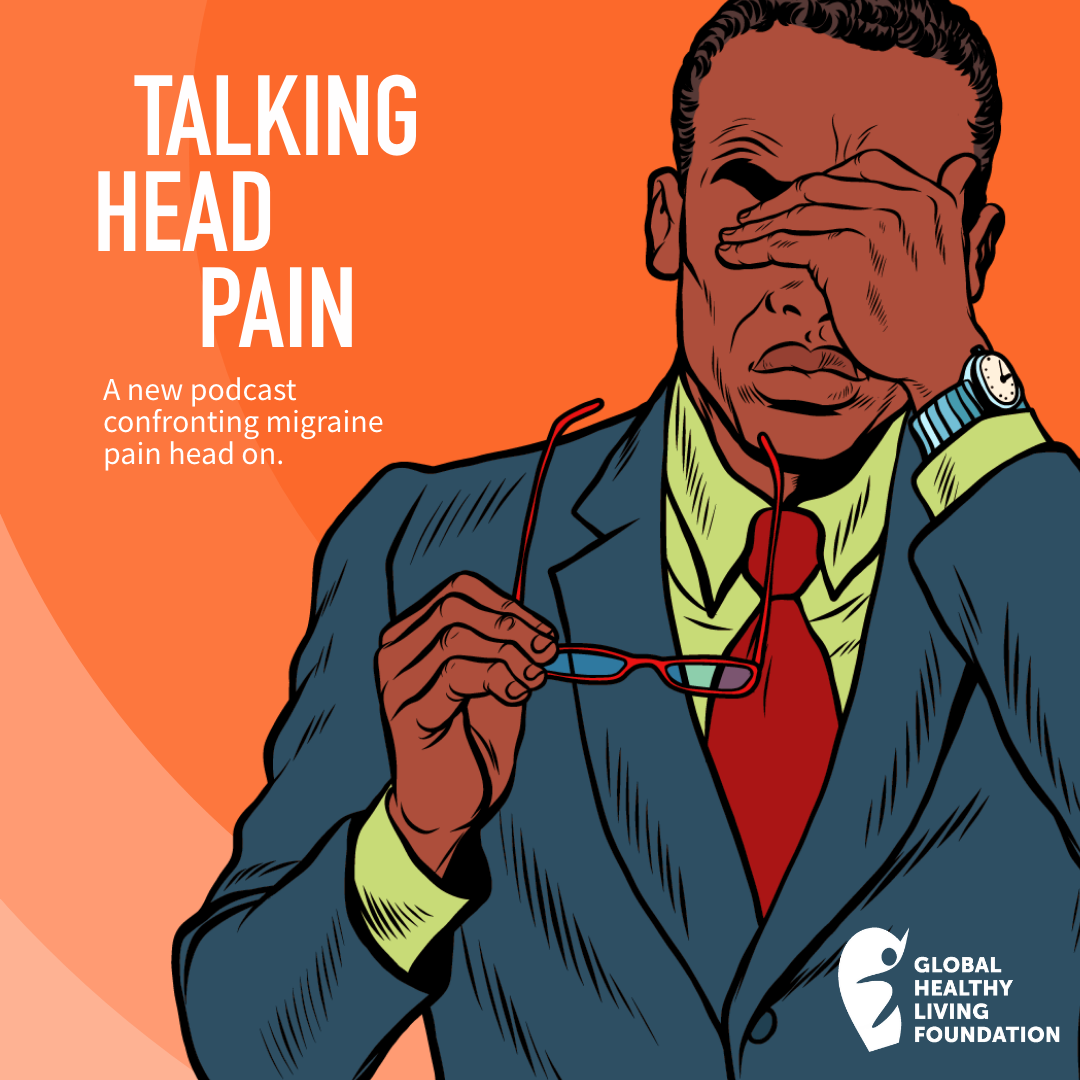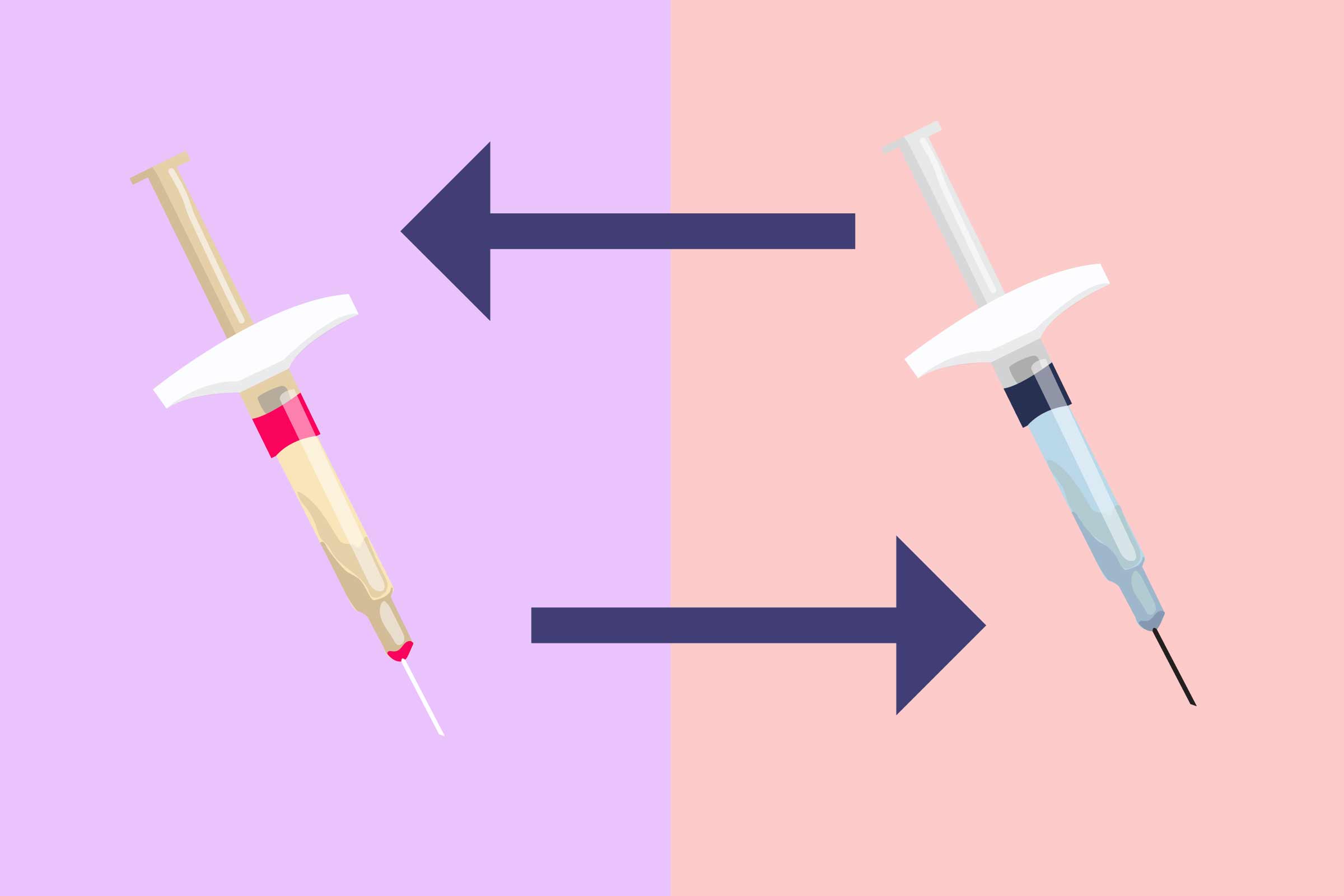

The piano music plays in the background as I edit my latest essay on living with rheumatoid arthritis. My red pen dances over the page, seeking out spelling errors, awkward phrases, making sure I am expressing myself in clear and mindful manner.
Writing is not just a creative outlet for me, but a way to sort through the changes in my life. I started blogging about living with arthritis to explore how to live my best life with an unexpected diagnosis. It never occurred to me that I would find an audience through my experiences.
Before I knew it, I had become an advocate for living with arthritis. Along the way, I met some fabulous people, joined some amazing communities, and I learned a few tricks on how to manage my own disease. I also learned about the good, bad, and the downright ugly of being an advocate.
The Good
Being a patient advocate comes with many marvelous opportunities and benefits. The most powerful being community support from professionals, other advocates, and patients that can lead to new friendships and build our confidence to live a bold life with arthritis.
We learn more about our own condition by sharing our experiences with each other. There’s no better feeling to know that something you said, did, or wrote about made someone look at their own situation in a new way, or simply made them smile.
Advocacy opens the door to collaborating with medical professionals and scientists for research. Arthritis research is valuable for discovering new treatments and lifestyle changes that help patients live a better life with chronic illness. The patient advocate is a mighty element in that research.
Providing our lived experience supports us and our health care team in gaining a better understanding of our disease, and it helps create a roadmap on how to manage it in our daily lives.
Manufacturers of products that make life with arthritis easier will sometimes reach out to advocates to try their product, and this usually results in acquiring that product free of charge in exchange for a review. I admit, I have never taken them up on it, but I know many advocates who do and their reviews can be a helpful resource for development in both the community and the company.
There are also some amazing opportunities to share your lived experience at conferences run by patient organizations. The lived experience is often the most powerful narrative for both professionals and patients to gain perspective on living with disease. Many advocates have a specific area of expertise that they are invited to share at these events, and the patient voice is an influential weapon in overcoming obstacles we face in our disease.
The Bad
Along with the good, advocates must also deal with the bad. Being in the public eye opens us up to criticisms and opinions from strangers — whether we want them or not.
People will judge your decisions and the way you live your life. They will quibble about every little action they deem improbable. They won’t always understand that you are writing or speaking from a personal perspective, and that what works for you will not work for everyone.
My experience with RA is not everyone’s experience. I share the disease with thousands of people, but we don’t share the exact same experience. Everyone’s circumstances are different.
Advocates are often the target of unsolicited advice by those who think they know our disease better than we do. That advice will come from misconstrued online articles and medical information, as well as personal lifestyle choices they see as fixed.
I don’t let this bother me. I believe that most people are genuinely trying to be helpful even if they don’t understand. I politely thank them and carry on — sometimes there are little gems hidden between the lines, so I’m not always so quick to dismiss. After all, different things work for different people.
If you have a blog or a social media presence, you will get all sorts of spam coming your way — ads that claim their product will cure you of an incurable disease — anything from drinking glacial water to special diets, exercising a certain way to herbal supplements and vitamin combinations. This just comes with the territory of being an online presence.
The Ugly
The ugly gets really ugly. People will tear you down, insult you, dismiss your pain and struggles, and accuse you of faking for attention. Unfortunately, this is a reality in our online world.
There are people who do pose as advocates, creating fake sites for attention, to acquire financial gain or obtain free opportunities for the very kind of work that supports us. This is frustrating, especially since it casts a disparaging light on those of us who are genuine. Don’t let these people rattle you. Stay true to yourself and your work will stand out.
Sometimes I get emails begging for help. These are as heart wrenching as they are difficult. I’m never sure if they’re real. The best I can do is try to point them in the right direction by advising them to speak with medical professionals, find online communities, and connect with others who have experience living with the same disease. I leave any type of medical advice to the professionals.
It’s Not For Everyone
Being an advocate is not for everyone. I am no wiser about my disease than you are about yours. It’s a learning curve that takes time, energy, and a bit of trial and error. The expert on any disease is always the person living with it. You are always your own advocate.
Our experiences with RA are subjective. Some people will relate, others won’t and that’s just fine. Life has taught me never to take anything personally and I know I will never please everyone. Take what you need, leave what you don’t.
My advocacy stems from my own personal growth and desire to develop strategies on how to live a full life with RA. I didn’t plan on becoming an arthritis advocate, but it did become a valuable device in helping me navigate a new and unexpected diagnosis all those years ago.
We all have our own methods for coping, even if we don’t always recognize them, and sometimes it takes seeing the world through another person to see what is working and what’s not. Sometimes just advocating for ourselves is more than enough.
Stay in Touch with CreakyJoints Canada
Part of the nonprofit Global Healthy Living Foundation, CreakyJoints is a digital community for millions of arthritis patients and caregivers worldwide who seek education, support, advocacy, and patient-centered research. All of our programming and services are always provided free of charge. As we grow CreakyJoints Canada we want to hear from you. Please join our email list to stay connected, learn about new content and initiatives, and send us suggestions and ideas.




